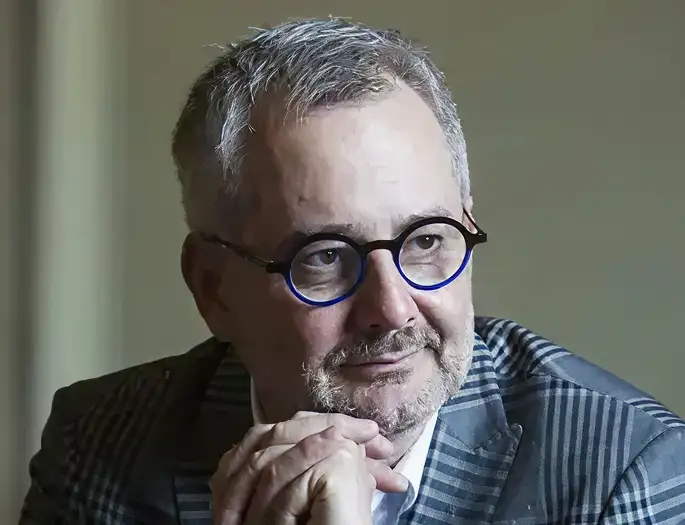
Albert-László Barabási
Robert Gray Dodge Professor of Network Science and Distinguished University Professor, Northeastern University, Boston
Director, Center for Complex Network Research
Prof. Albert-László Barabási is the Robert Gray Dodge Professor of Network Science and a Distinguished University Professor at Northeastern University in Boston. He directs the Center for Complex Network Research and holds appointments in the College of Science and the Khoury College of Computer Sciences.
Professor Barabási's research led to the discovery of scale-free networks in 1999. He subsequently introduced the Barabási-Albert model to explain their widespread emergence in natural, technological, and social systems, from cellular networks to online communities.
He is a Fellow of the American Physical Society, an external member of the Hungarian Academy of Sciences, and a Fellow of the Massachusetts Academy of Sciences. In 2014, he was awarded the Prima Primissima Award for his contributions to network science.
Professor Barabási's lab focuses on network science and its applications, exploring fundamental questions in complex systems using tools from network science, control theory, and statistical physics. The lab comprises three key segments: research on network biology explores the properties of sub-cellular networks and their applications to human diseases, the lab network control aims to understand the controllability of complex systems, and the group on science of success explores the network and non-network characteristics that contribute to the success of nodes, webpages, and scientific collaboration networks.